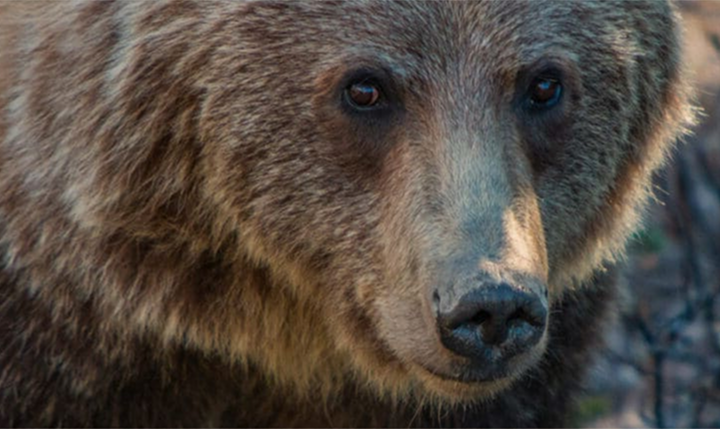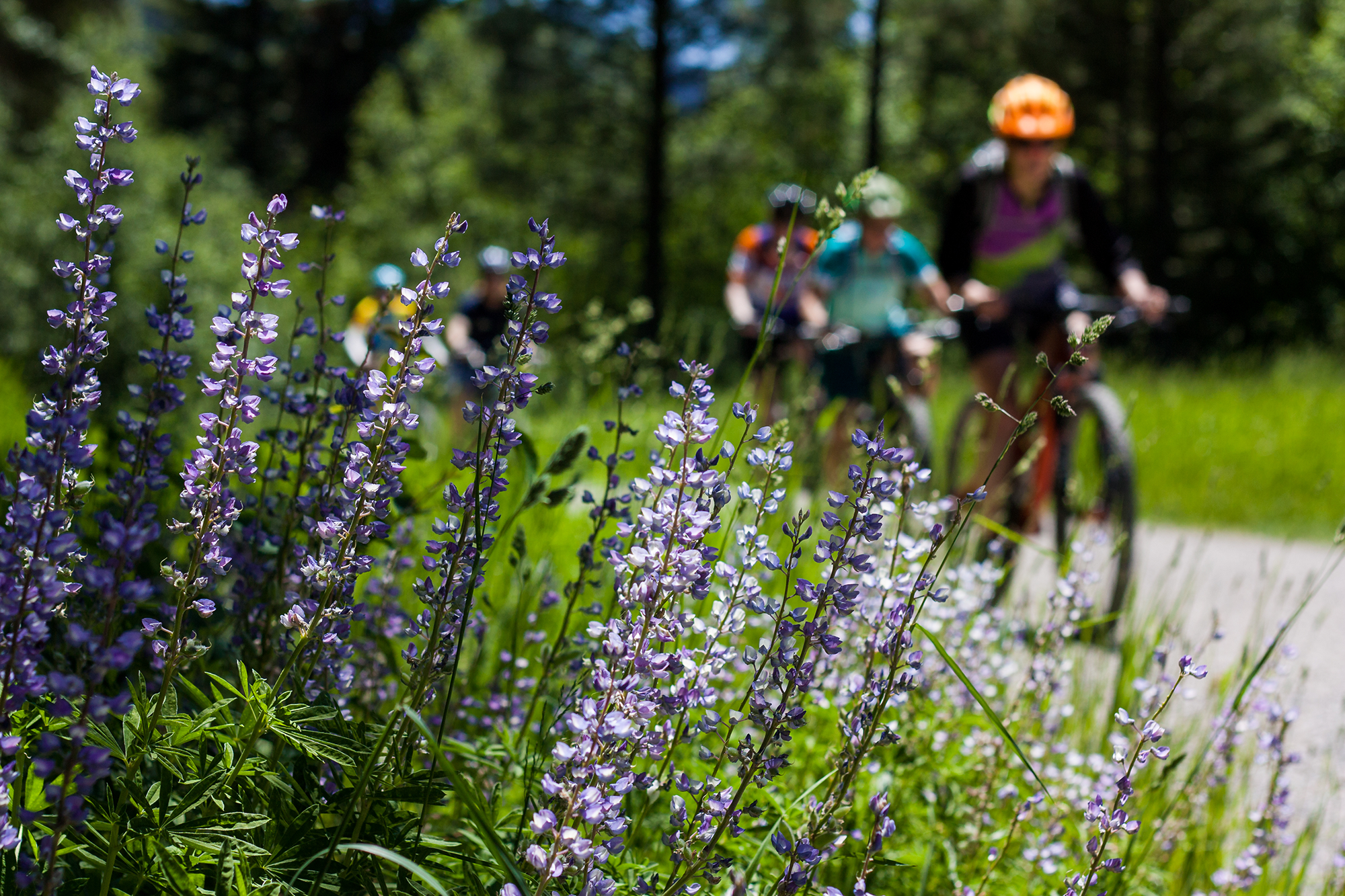For many people around the world, 2020 has been a year like no other. If you read the news or have a social media account, you’ll know that the list of challenges facing humanity feels overwhelming at times, to say the least.
But we’re not here to talk about bad news; and we have a feeling that if you’re reading this, you aren’t here for that either.
Whether you are new to supporting Y2Y’s work or have been by our side for decades, we know that you have hope for a better tomorrow for people and nature.
You have also given us more reasons than we can count to be optimistic about our conservation work moving in to 2021.
Zoom in on some of the ways your support has made a difference for wildlife and people in the Yellowstone-to-Yukon region this past year in this thank you video for you and our other supporters:
Connected and protected habitat so people and nature can thrive
The Yellowstone-to-Yukon region spans two Canadian provinces and two territories, five American states, and the traditional territories of at least 75 Indigenous groups. This magnificent mountain ecosystem is big.
Over the past four years, 20 million acres of land have been committed to be protected in this region. That’s equivalent to nine Yellowstone or twelve Banff National Parks!
Supported Indigenous-led conservation
You have helped give mountain caribou and ecosystems in British Columbia’s Peace Region the space to breathe. Since the caribou partnership agreement was signed in February 2020, West Moberly and Saulteau First Nations and partners have been working tirelessly to restore habitat in the newly expanded Klinse-za Indigenous Protected Area.

Restored 250 acres of habitat for sensitive species
From planting 50,000 trees, to adding seasonal ponds and restoring stream beds, wetland habitat in north Idaho has been transformed to function more naturally.
This restoration project gives wildlife – from native amphibians to elk – a chance to adapt and thrive in a changing climate. Healthy ecosystems also support people’s enjoyment of landscapes.

Contributed to critical wolverine research
Over 400 people who recreate in southeastern British Columbia reported signs of wolverines through community science. By understanding this elusive creature better, we can ultimately help conserve the wide-ranging wolverine and the habitat this species and others depend on.
Continued efforts to reconnect grizzly bears
Grizzly bear populations in the U.S. Northern Rockies that have long been disconnected are now closer than ever. Your support has allowed Y2Y and its partners to start safeguarding wildlife movement across 12 key corridors in Montana.
Secured safe passages for wildlife
Key wildlife crossing structure projects and fencing on Alberta’s Highway 1 and Highway 3, Idaho’s Highway 21 just outside of Boise, and B.C.’s Highway 3 are approved for construction in the near future.

We can’t wait to see what we can accomplish with your help in 2021. Thank you for all you do!


